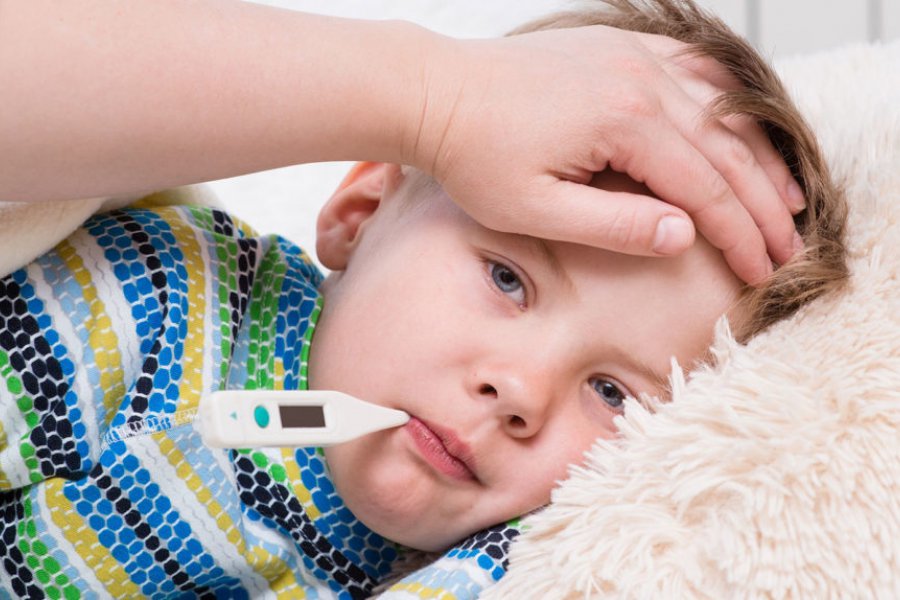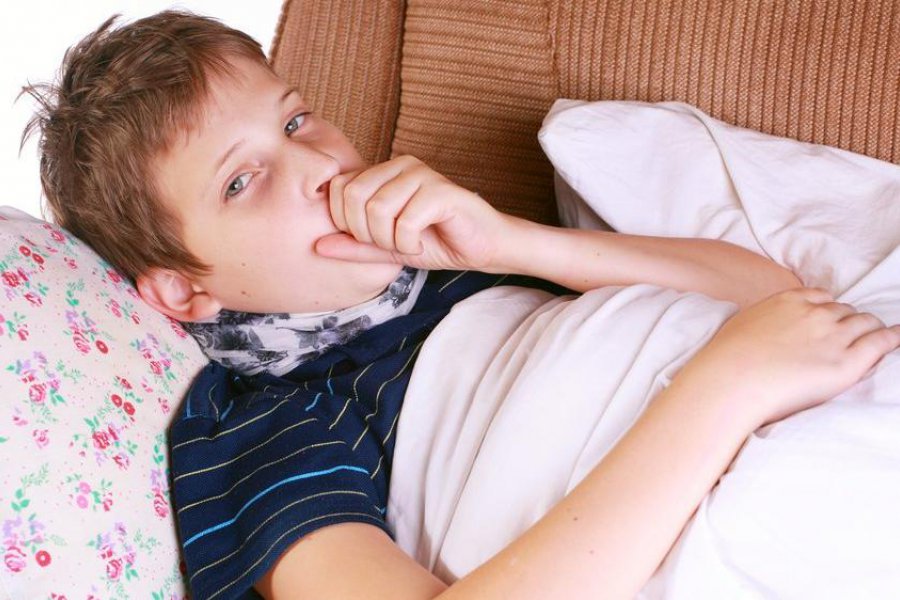Afebrile seizures in children
Afebrile seizures or afebrile seizures are seizures that occur without a fever. These seizures are known as "non-febrile seizures," a type of seizure disorder that can occur in childhood. Afebrile seizures can occur for many different reasons and may requ
Afebrile seizures or afebrile seizures are seizures that occur without a fever. These seizures are known as "non-febrile seizures," a type of seizure disorder that can occur in childhood. Afebrile seizures can occur for many different reasons and may require proper treatment. Here's what you need to know about treating afebrile seizures:
Causes of Afebrile Seizures:
Underlying causes of afebrile seizures may include:
Genetic Factors: Family history may influence a child's risk of afebrile seizures.
Neurological Problems: Brain lesions, tumors, or other neurological problems can lead to afebrile seizures.
Metabolic Disorders: Electrolyte imbalances, low blood sugar (hypoglycemia), and other metabolic disorders can cause seizures.
High Fever Medications: Some high fever medications (for example, antipyretics) can rarely cause seizures.
Treatment of Afebrile Seizures:
Treatment of afebrile seizures is based on determining the underlying cause and creating an appropriate treatment plan. Here are the steps to be taken during the treatment process:
Stopping the Seizure: If your child is having a seizure, it is important to ensure their safety and stop the seizure. Lay the child on the floor, put his head under a pillow or a soft object, and clean his surroundings.
Medical Evaluation: If your child has had an afebrile seizure, he or she should be evaluated by a pediatrician or neurologist. The doctor will try to determine the underlying cause of the seizure.
Treatment: Depending on the underlying causes, the treatment plan may vary. For example, if there is a metabolic problem, electrolyte adjustments or medication may be required. If a neurological problem is detected, medications to control seizures may be recommended.
Medications: In some cases, medications may be prescribed to control your child's seizures. These medications must be carefully managed by a doctor.
Track and Monitor: It is important to monitor your child's response to treatment. You should regularly perform the periodic checks recommended by the doctor.
Seizures without fever can be a sign of a potentially serious problem for your child's health, so it is important to follow the treatment recommended by the doctor and monitor your child regularly. Identifying the underlying cause and administering appropriate treatment can control your child's seizures and protect his health.






